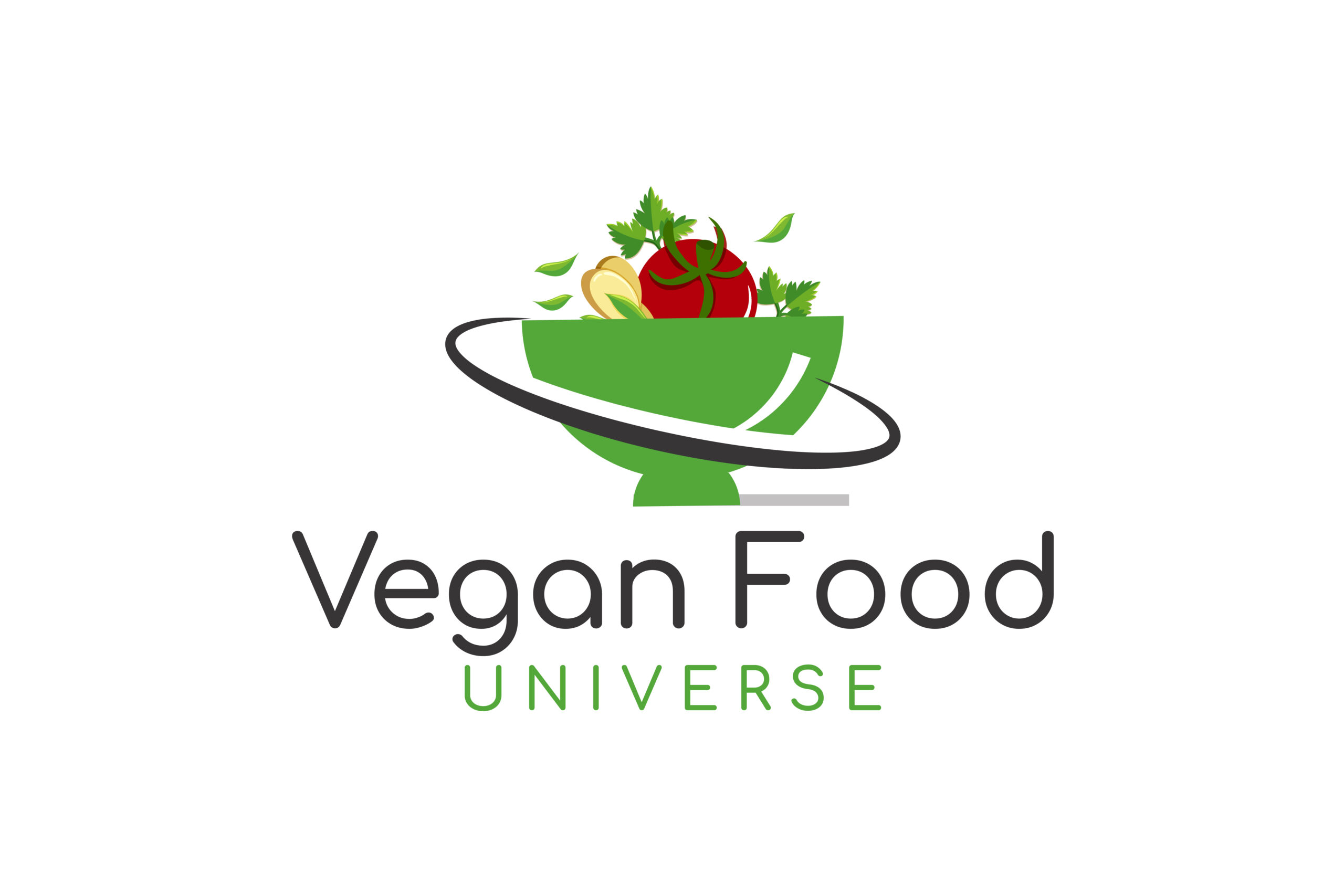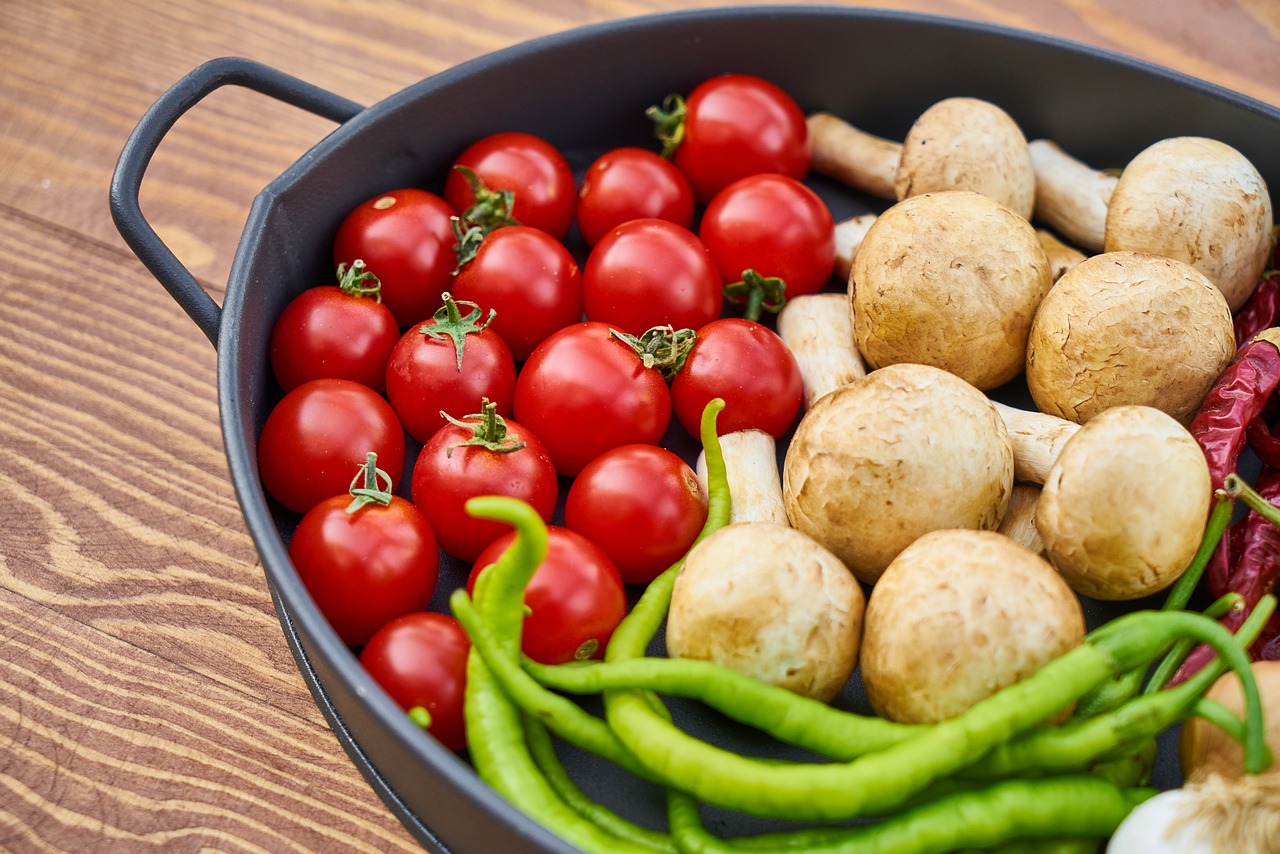Protein Power: Debunking the Myth of Protein Deficiency in Vegans
>> Click Here For The Simple and Delicious Vegan Cookbook
With the rising popularity of veganism, concerns about protein intake have become a focal point of discussion. Many wonder if those following a plant-based diet can obtain enough protein for optimal health. In this article, we delve into the topic to debunk the myth of protein deficiency in vegans, highlighting the importance of protein and busting misconceptions surrounding plant-based protein sources.
Understanding Protein
Protein is a crucial macronutrient that plays various roles in the human body, including tissue repair, enzyme production, and immune function. The recommended daily intake of protein varies but generally falls around 0.8 grams per kilogram of body weight for sedentary individuals. However, active lifestyles may require higher protein intake to support muscle repair and growth.
Protein Requirements for Vegans
Contrary to popular belief, vegans can easily meet their protein needs without consuming animal products. Plant-based proteins can be just as complete and nutritious as animal-derived proteins, providing all essential amino acids necessary for bodily functions.
Plant-Based Protein Sources
There’s a plethora of high-protein plant-based foods available, including legumes like beans, lentils, and chickpeas, soy products such as tofu and tempeh, nuts and seeds like almonds and chia seeds, as well as grains like quinoa and amaranth. Seitan, a wheat gluten product, and plant-based protein powders are also excellent sources of protein.
Protein Bioavailability in Plant-Based Diets
While some may question the bioavailability of plant-based proteins, factors like cooking methods and food pairings can enhance absorption. Including a variety of protein sources in meals can ensure a well-rounded amino acid profile and optimal utilization by the body.
Protein-Rich Vegan Meal Ideas
Here are some delicious and protein-packed vegan meal ideas to inspire your culinary journey:
• Black bean and quinoa salad (15g of protein per serving)
• Chickpea and vegetable stir-fry (18g of protein per serving)
• Tofu scramble with spinach and mushrooms (20g of protein per serving)
• Lentil and vegetable curry (17g of protein per serving)
• Peanut butter and banana smoothie bowl (12g of protein per serving)
Sports Nutrition and Protein Supplementation for Vegans
Athletes and active individuals can easily meet their protein needs through plant-based sources and supplementation if necessary. Plant-based protein powders, BCAAs, and creatine are viable options to support athletic performance and recovery. Many successful vegan athletes showcase the potential of plant-based diets in achieving fitness goals.
Conclusion
In conclusion, the myth of protein deficiency in vegans is unfounded. By embracing plant-based protein sources and adopting a well-balanced diet, individuals can easily meet their protein needs while enjoying the health and environmental benefits of veganism. Let’s debunk misconceptions and celebrate the protein power of plants!
Copyright VeganFoodUniverse.com. All rights reserved © 2024.


Recent Comments